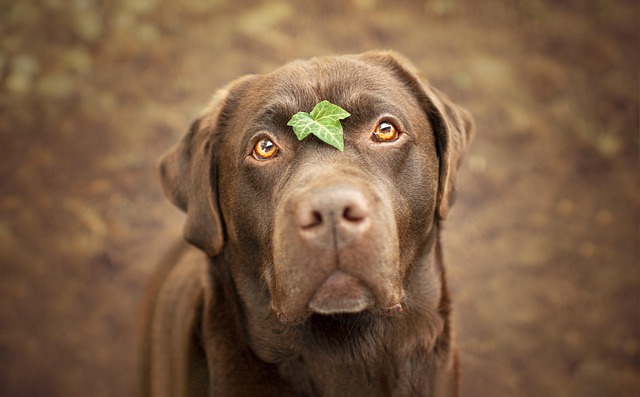
What is the best thing for dogs to chew on to clean teeth
If you’ve ever wrestled with a squirming pup to brush their teeth—only to end up with slobber on your shirt and a toothbrush chewed to bits
How do you know what disease your dog has? This is a worrying question for new dog owners in the US, as watching your furry friend act out of sorts—whether it’s refusing food, coughing, or seeming lethargic—can leave you feeling helpless. Dogs can’t tell us when they’re sick, but their bodies and behavior send clear signals. Learning to recognize these signs helps you get them the care they need quickly, turning confusion into confident action.
From a veterinary perspective, dogs communicate illness through physical symptoms and behavioral changes, as their bodies try to fight off threats or signal discomfort. Common systems affected include the digestive tract (vomiting, diarrhea), respiratory system (coughing, sneezing), and joints (limping, stiffness). Puppies are prone to contagious diseases like parvovirus (marked by severe diarrhea and lethargy), while senior dogs may show signs of chronic issues like arthritis (difficulty moving) or kidney disease (increased thirst and urination). These symptoms aren’t random—they’re your dog’s way of telling you something’s wrong, and early detection often leads to better outcomes.
Practical steps to identify potential diseases start with daily observation. Keep track of their “normal”: How much do they eat in a meal? How often do they drink water? Do they nap after walks or play for hours? When something changes, note the details: If your Lab suddenly vomits, was it after eating grass or a new treat? Did your Yorkie start coughing after a visit to the dog park? Physical signs to check include their nose (dryness can signal fever, but a wet nose isn’t always healthy), gums (pale gums may mean anemia, red gums could indicate infection), and coat (dullness or hair loss might point to thyroid issues). If symptoms last more than 24 hours—like persistent diarrhea, inability to keep food down, or labored breathing—schedule a vet visit immediately. Vets use tests like blood work, x-rays, or fecal exams to pinpoint the disease, so sharing your notes helps them diagnose faster.

In the US, recognizing illness ties to legal and cultural norms. Keeping your dog current on vaccinations, including mandatory rabies shots required in all states, prevents many deadly diseases—parvovirus and distemper, for example, are largely preventable with proper shots. When walking your dog, always carry waste bags: cities like Boston fines owners $300 for uncollected waste, which can spread diseases like giardia to other pets. Culturally, physical punishment is never acceptable, even if your dog has accidents due to illness—vomiting or diarrhea from disease is involuntary, so offer gentle cleaning and comfort instead of scolding. Positive reinforcement, like praise for letting you check their gums, builds trust during stressful times.
For apartment dwellers, note noise changes: a quiet dog barking at night might be in pain, while excessive panting could signal heatstroke or anxiety. In community settings, keep sick dogs away from dog parks until cleared by a vet to avoid spreading illness, showing respect for other pet owners.
Remember, you know your dog best. Trust your instincts—if something feels “off,” it probably is, and a vet visit is always the safest choice.

If you’ve ever wrestled with a squirming pup to brush their teeth—only to end up with slobber on your shirt and a toothbrush chewed to bits

That faint whiff of fishy breath when your Golden Retriever greets you isn't just "dog smell" – it's likely the first clue to canine periodontal disease

Ever felt that sinking worry when your energetic Labrador suddenly loses its appetite or starts a persistent belly rumble?Regular deworming isn't just a checkbox on a pet care list—it's a vital shield protecting your furry best friend from hidden health t

Watching your dog pant heavily on a hot day, or noticing their nose is dry and their eyes look sunken, can send a wave of panic through any new pet owner.

Cooking homemade meals for your dog feels like an act of love—chopping fresh veggies, simmering lean meat, knowing exactly what’s in their bowl.

Picture this: You're scrambling to get ready for work, your golden retriever nudges your hand, and your daily multivitamin tumbles onto the kitchen floor.